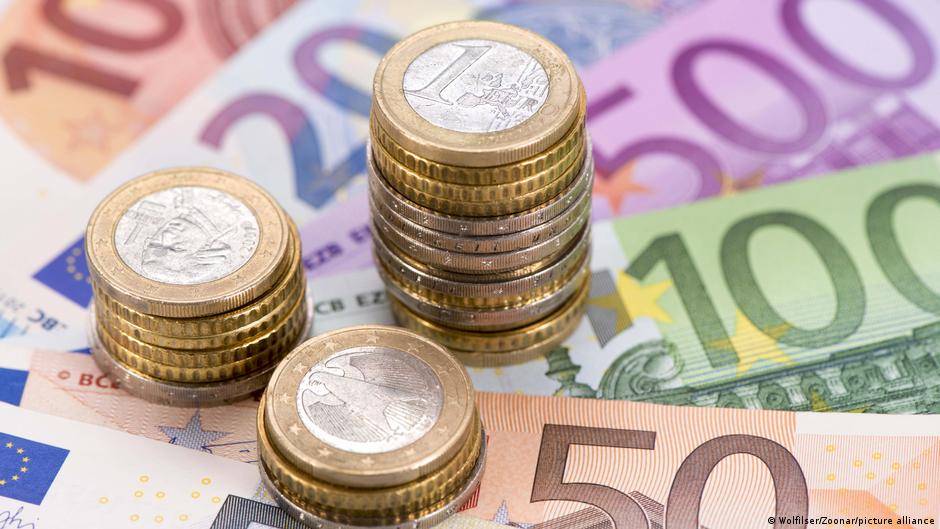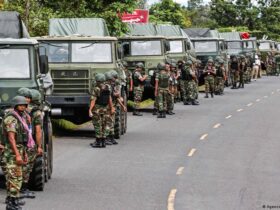The budget committee of the German parliament has signed off on the budget presented by Finance Minister Lars Klingbeil (SPD). The rising costs of Germany’s welfare system are putting a strain on state coffers – along with the billions of euros needed to rearm the Bundeswehr and continue support for Ukraine in its war of self-defense against Russia.
The new borrowing of approximately 180 billion euros is the second largest borrowing in the country’s history – surpassed only by the COVID-19 pandemic. It will be put to a final vote in the Bundestag.
The main €524.5 billion ($609.35 billion) budget includes more than €97.7 billion of new debt – €8 billion more than budget experts for the centre-right and centre-left coalition government had envisaged just weeks earlier.
But there is also an additional €82 billion in debt, which will be used to upgrade the Bundeswehr, invest in the country’s deteriorating infrastructure and climate protection measures. That money is exempt from the statutory “debt brake”.
SPD says investment should boost confidence in democracy
Earlier this year, the Social Democrats (SPD), Christian Democrats (CDU), Christian Social Union (CSU) and the Green Party agreed on two new special funds that are not subject to the strict lending rules contained in Germany’s basic law. The Bundeswehr will receive €500 billion over the next few years and €500 billion will be set aside for infrastructure, roads and railways, and climate protection. Funds will be withdrawn from these assets for the first time in 2026.
SPD budget expert Thorsten Rudolf is optimistic about the future despite high levels of borrowing. He said in Berlin: “If we take the broader view, we have to say that we are now in the sixth year of the Covid crisis. It was perhaps naive to believe that a few decisions in Berlin would change the mood within a few months.”
The opposition accused the government of just diverting money.
The Department for Labor and Social Affairs, headed by Barbell Baas (SPD), is again the largest item in the budget. About €198 billion is earmarked for social benefits – mainly to boost the state pension system.
About €83 billion is targeted for defence. A large portion of this will be invested in upgrading the armed services to enable it to defend the country amid the growing threat from Russia.
Of course, the Budget Committee agreement received little approval from opposition parties. The Greens criticized that money from two special funds was being used to plug some holes in the budget. Sebastian Schaefer, the Greens’ budget expert, called the budget “a new chapter in the never-ending story of spending avoidance.” And the Socialist Left Party said that the revival of the Bundeswehr could not be financed by debt in the long run.
AfD wants to cut funding for climate and Ukraine overall
The far-right Alternative for Germany party (AfD) had no good words to say about the budget plans. AfD budget expert Michael Espendiller said the government was planning a “huge debt” and setting the wrong priorities. According to Aspendiler, about a third of government spending will be financed by debt. The AfD’s proposed solution is to cut German payments to the EU and completely cut funding for measures to curb climate change and support for Ukraine.
The Budget Committee’s decision, which took months of negotiations, must now be approved by the German parliament, the Bundestag.
And there is a gap left in the budget that still needs to be filled. The government this week agreed to lower industrial power prices to aid the struggling economy. According to expert estimates, taxpayers could lose an additional five billion euros.
But still, government representatives seemed clearly pleased Friday that they finally agreed on a budget for the coming year. Even though a day earlier the Council of Economic Experts had accused the German government of spending too little money on investment. The panel, known as Germany’s economic saints, believes this is the only way to get the struggling economy moving again.
This article was originally written in German.






Leave a Reply